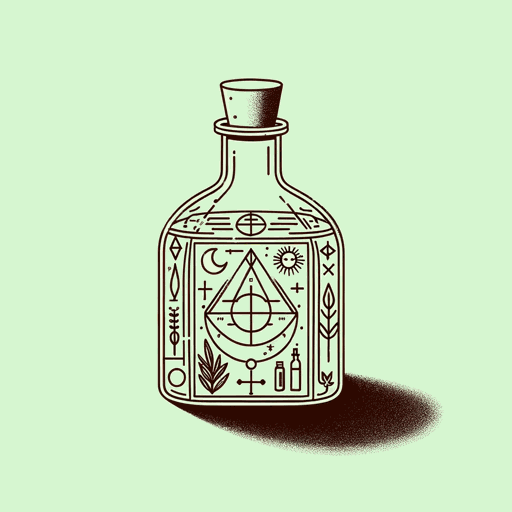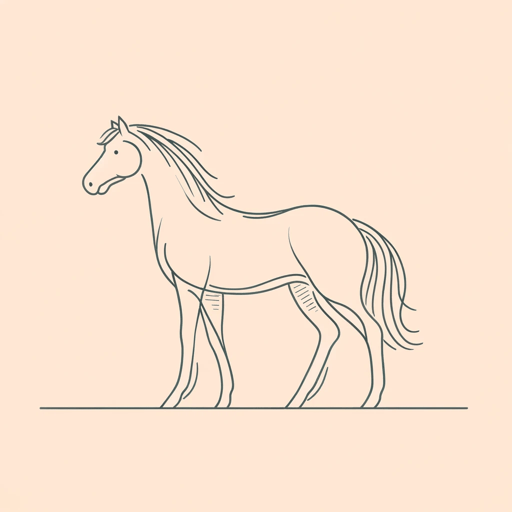46 pages • 1 hour read
Zora Neale HurstonMoses, Man of the Mountain
Fiction | Novel | Adult | Published in 1939A modern alternative to SparkNotes and CliffsNotes, SuperSummary offers high-quality Study Guides with detailed chapter summaries and analysis of major themes, characters, and more.
Important Quotes
Content Warning: This section of the guide includes discussion of suicidal ideation.
“‘No rest, no property, no babies, no gods,’ Amram gasped. ‘Why would anybody want to live? Why don’t we kill ourselves and be done with the thing?’”
(Chapter 4, Page 29)
In the early chapters of the novel, Hurston dramatizes the pain and trauma of Hebrew parents living in Egypt under Pharaoh’s tyranny. Facing the loss of his newborn son, Amram feels helpless and suicidal.
“They did not question too closely for proof. They wanted to believe, and they did. It kept them from feeling utterly vanquished by Pharaoh.”
(Chapter 5, Page 39)
Hurston subverts the traditional Moses narrative by establishing doubt about whether Moses is actually Hebrew or the true son of the Princess. This passage suggests that the Hebrews need to believe that he is one of them, regardless of the truth, in order to hold onto hope that they will one day be free, pointing to the novel’s thematic interest in The Political Value of Storytelling.
“He had answers in the form of stories for nearly every question that Moses asked and he told stories unasked because they just came to him to tell. They were unexpected visitors.”
(Chapter 6, Page 42)
Storytelling is an important motif in the novel, suggesting the importance of community and oral history in preserving Black culture. Like Hurston herself, Mentu uses narrative and storytelling to communicate important truths indirectly.
Related Titles
By Zora Neale Hurston

Barracoon: The Story of the Last "Black Cargo"
Zora Neale Hurston

Drenched in Light
Zora Neale Hurston

Dust Tracks on a Road
Zora Neale Hurston

Hitting a Straight Lick with a Crooked Stick
Zora Neale Hurston

How It Feels To Be Colored Me
Zora Neale Hurston

Jonah's Gourd Vine
Zora Neale Hurston

Mule Bone: A Comedy of Negro Life
Langston Hughes, Zora Neale Hurston

Mules and Men
Zora Neale Hurston

Seraph on the Suwanee
Zora Neale Hurston

Spunk
Zora Neale Hurston

Sweat
Zora Neale Hurston

Tell My Horse: Voodoo and Life in Haiti and Jamaica
Zora Neale Hurston

The Eatonville Anthology
Zora Neale Hurston

The Gilded Six-Bits
Zora Neale Hurston

Their Eyes Were Watching God
Zora Neale Hurston

